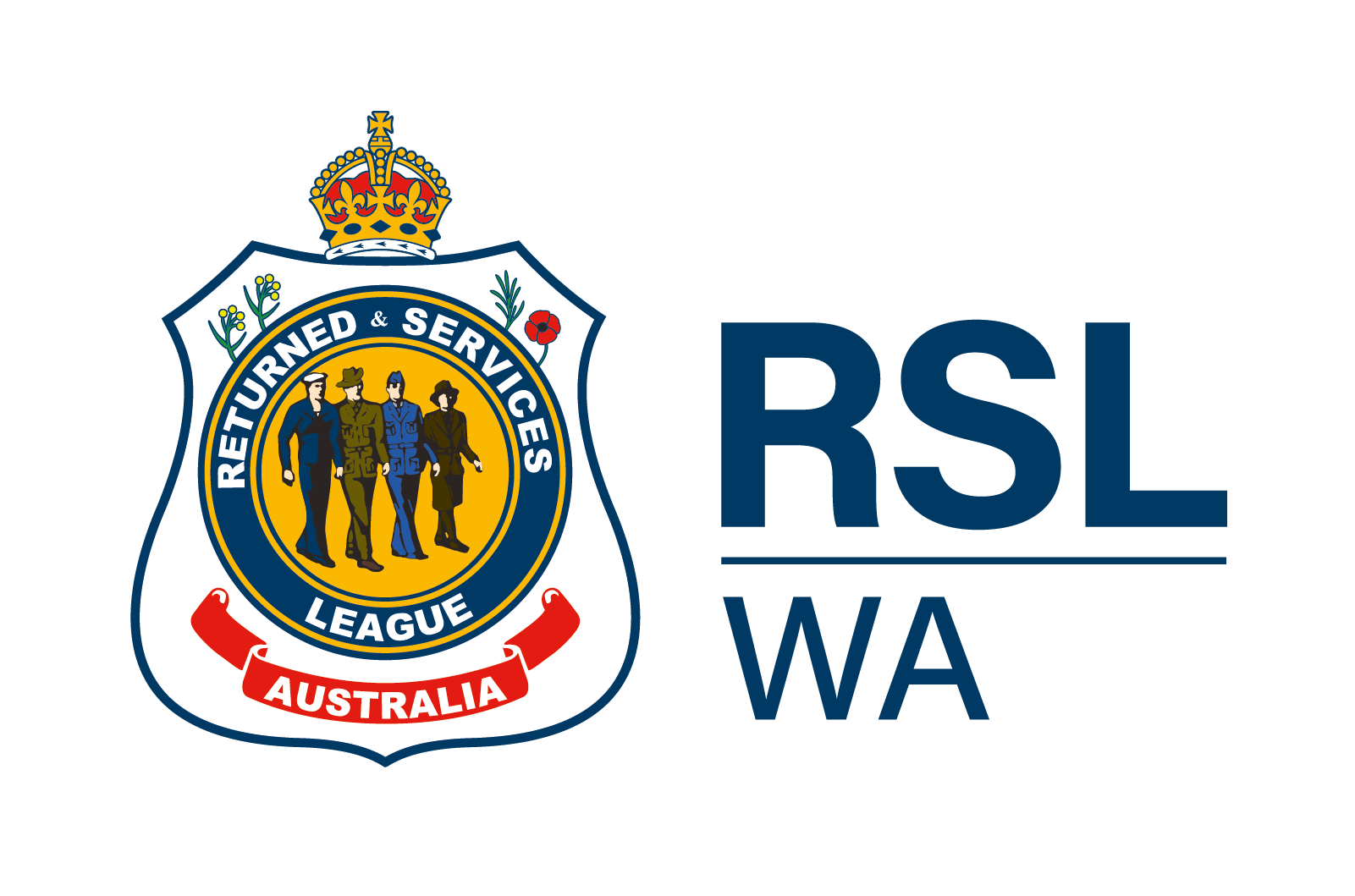There is a great deal of evidence showing that our four-legged canine friends provide significant support and contribute to the mental wellbeing of their human counterparts.
On 19 October 2023 RSL WA was successful in securing a grant from the ANZAC Day Trust to develop and run a two-year Psychiatric Assistance Dog Pilot Program that will pair four dogs, trained by Kaizen K9, to four veterans, selected by RSL WA.
This pioneering initiative is the first of its kind in Western Australia, dedicated to enhancing mental health outcomes for our veterans.
The assistance dogs undergo specific training to ensure they are well-behaved, adaptable, and comfortable in various settings. The training curriculum will equip the dogs to identify PTSD symptoms and provide optimal care and support to their veteran companions.
The wellbeing of both the veterans and their canine companions will be closely monitored throughout the program, with monthly evaluations conducted by consulting psychiatrist Dr Richard Magtengaard over a one-year period to ensure the effectiveness of the assistance provided.
TRAINING THE ASSISTANCE DOGS
Ben Geurts is the Training Director for Kaizen K9, a Perth based business with over 25 years of experience in training police and military dogs.
Mr Geurts said that the dogs start with a large amount of environment exposure, which remains the focal point of their training. They commence their basic obedience training and are taught when it is appropriate to play. They also include several complex exercises, like how to retrieve and some pressure therapy techniques.
The training takes approximately 16 months. The dogs commence training at eight weeks, and they are usually ready around 18 months of age.
Mr Geurts noted that if the dogs couldn’t be trained, they would go to suitable companion homes, however he is yet to come across this because the genetics behind the dogs are carefully selected for suitability, not randomly picked.
“It is clear that most behavioural traits are genetic. So the importance of having the correct genetics to do this work cannot be overstated,” Mr Geurts said.
MEET THE DOGS
RSL WA has four dogs in the program: Senna, Alonso, Kimmi and Oscar.
Mr Geurts said that the training is going well, and all four dogs are progressing.
Senna, the black Labrador, around 16 months old, will be ready first.
“He is a nice balanced male who has been raised by one of our trainers, Claire. She’s done a great job, and he will be ready for the PAT [Public Access Test] shortly,” Mr Geurts said.
Alonso is 10 months old and one of three black Labrador cross Golden Retrievers.
“He is a chilled-out guy who enjoys sleeping, eating and long walks on the beach… He will be suited to a veteran who mostly wants a super calm companion,” Mr Geurts said.
Kimmi, another of the crosses, is more energetic. She is a black diminutive dog that is also progressing well.
“She loves to chase a ball, eat and run. She will be more suited to an active veteran who wants to get out and about often,” Mr Geurts said.
Lastly, there is Oscar – the only golden coloured puppy. Also a Labrador cross Golden Retriever, Oscar is an energetic boy.
“He loves to chase a ball, play tug of war games, and get up to mischief. He’s still very much a puppy but still displays a good work ethic when required. He will also be suited to a more active veteran,” Mr Geurts said.
.png)
EXPRESSIONS OF INTEREST
To express interest in participating in the Psychiatric Assistance Dogs Pilot Program and apply to receive a dog, interested veterans must meet the eligibility criteria, which can be found on our website via the Assistance Dogs page.
Once potential applicants have confirmed their eligibility, they can proceed to the application process, where support and guidance will be available to assist veterans in navigating the requirements involved.
For more information or to express your interest, please visit Psychiatric Assistance Dogs Pilot Program.

